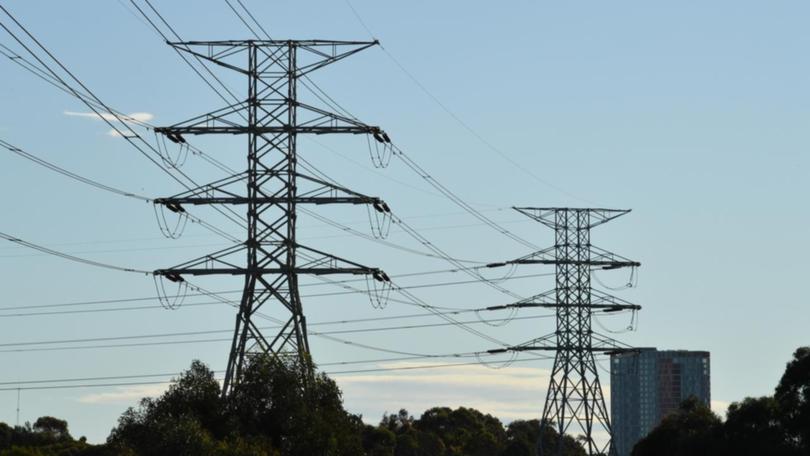Project delays and mothballing generators risk energy reliability for Australians
As coal plants continue to close, delays to battery and other energy transmission projects have put the reliability of Australian electricity supply at risk.

Meeting the electricity demands of Australian homes is set to become more difficult than previously predicted, reigniting calls for urgent energy transmission and generation investment.
With 62 per cent of Australia’s coal fleet set to close before 2033, a previous report from the Australian Energy Market Operator (AEMO) found the reliability of the national energy market will be put at risk.
Updated findings revealed on Tuesday paint an even gloomier picture.
Sign up to The Nightly's newsletters.
Get the first look at the digital newspaper, curated daily stories and breaking headlines delivered to your inbox.
By continuing you agree to our Terms and Privacy Policy.Delays to battery projects mean energy reliability will become more risky in NSW from the summer of 2024 to 2028, mothballed generators have increased reliability risks in Victoria until 2028 and delays to another transmission line project in South Australia mean its energy reliability will be riskier in 2026.
This means in rare, extreme situations - like high-demand summer days during coal-fired generator outages, when there is no wind - wholesale electricity prices could increase, and blackouts and power outages are also possible.
The likelihood of such incidents being reduced can be managed by transmitting energy from other states or tapping into off-market reserves to match supply with demand.
But this is a short-term solution.
AEMO chief executive Daniel Westerman said the government must make urgent investments if Australia wanted to address reliability risks over the long-term.
“Australia’s energy transition is well underway,” he said.
“(But) project development and commissioning delays are impacting reliability throughout the horizon.”
Further investment in generation and transmission projects, and optimising consumer energy resources like rooftop solar will help improve reliability.
To get reliability under control for most of the next decade, state and federal governments also cannot afford to delay their announced energy programs.
